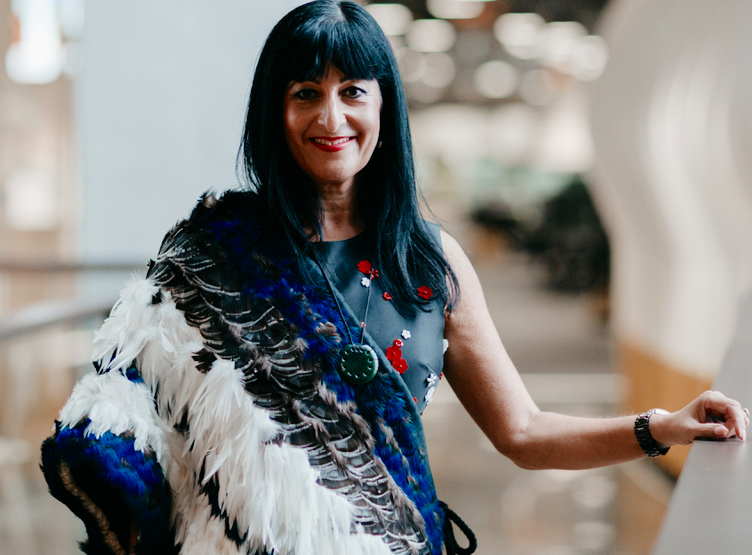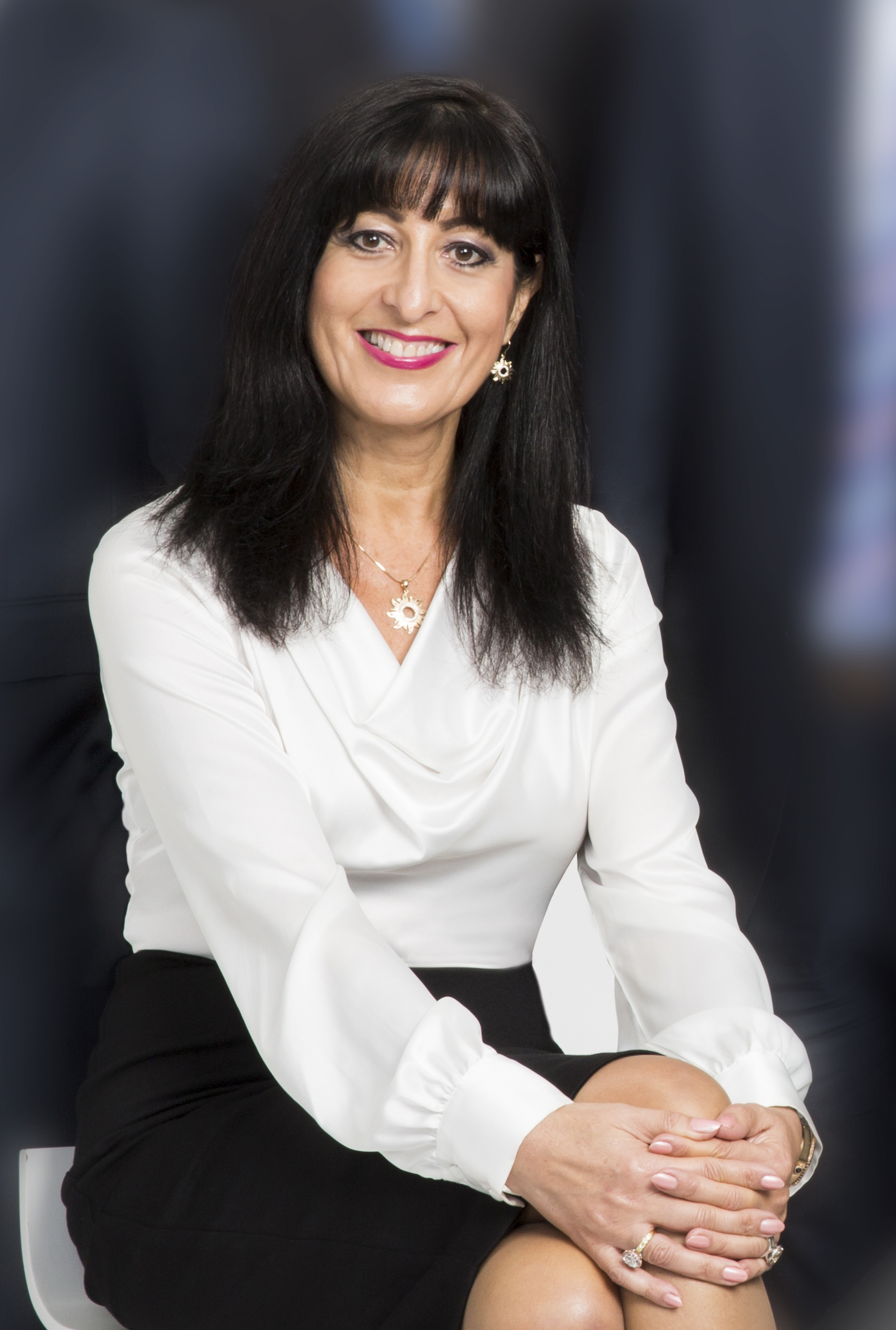My daughter was recently asked about her career plans once she finishes university. I eagerly awaited her response, confident that she’d try to get a plum role at an illustrious law firm or corporate giant. Nope. She’s going to take a gap year, travel extensively and decide how to spend the rest of her life, which “won’t be the study, work, then die route!”
While surprised at her answer, I was nevertheless proud because she reflected the same passion for work-life balance that propelled me to start my own investment firm – Fisher Funds – 21 years ago.
STARTING OUT
I had followed a fairly traditional career path, using my accounting degree to land investment analyst roles in several share broking and insurance firms. It was an enjoyable and lucrative career, however the investment sector is male dominated, not family friendly and a pretty challenging environment for women given the long hours, big expectations and competitive colleagues who have the luxury of focusing on their work 24/7.
My daughter’s birth led me to rethink the career path that I had so vividly imagined for myself.
MOTHERHOOD
I didn’t want to be a mother who worked from 7am to 7pm, squeezing family time into rare moments when markets were quiet. But I still wanted to be involved in investment markets and continue building my track record of performance.
I wanted the buzz of making good investment calls, but I wanted flexibility to work when and how it suited me. Working for myself from home seemed the logical next step.
A MASCULINE INDUSTRY
I think the fact that the investment industry was so masculine and competitive worked in my favour and helped me determine how to position my business to be different from the outset.
I recognised that the softer, feminine attributes that women bring to bear were largely missing from the financial sector. Most people thought of investing as high-risk, scary, and relevant only to those who had lots of money to start with.
Ordinary mum-and-dad investors felt shut out from investing in anything other than houses and bank deposits, and the marketing around money and investments was unfriendly and full of jargon.
LOW KEY
Having identified the opportunity to create a more ‘personable’ investment management firm for ordinary investors, I set about establishing the business in a measured, low-key way. My initial goal was, in hindsight, pretty unambitious. I simply wanted to grow the business to the point where it could match my previous salary and allow me to be my own boss.
HUMBLE BEGINNINGS
I negotiated a contract with my old employer, to manage a small fund that I had previously overseen. This contract provided me a small income and enabled me to employ a part-time nanny.
Coincidentally, my husband Hugh had the opportunity to take redundancy from his telecommunications role of 18 years and he decided to join me in the business, taking care of all the non-investing functions like administration, systems and client records. The fact that Hugh and I were equally committed to the business, and equally dependent on its success, was, I believe, an important factor in its long-term success.
THE EARLY STAGES
Many entrepreneurs find the early stages a challenge, but I have to say that ours was pretty much a dream run. We grew the business through word of mouth – there is no better marketing plan than having existing clients tell others how much they like you.
Obviously, luck played a role; share markets performed quite well in the first five years of our business, and we were fortunately able to achieve better returns than the market, cementing our reputation as good investors. That was not always the case in later years, but it proved important in the formative stages of the business.
KEEPING IT SMALL
Our challenges came much later. We enjoyed exponential growth for the first 10 years, and because we had continued to run it as a small, family business, maintaining the office in our home and insisting that all our team were multi-taskers with no assistants or hierarchies or overreaching egos, we were able to achieve profitability early on. We had a Board of independent directors from day one, and they provided guidance and discipline as well as making me feel accountable to someone other than myself and Hugh. This was important because regularly checking in with someone who didn’t live and breathe the business like we did allowed a fresh perspective and kept us from getting bogged down by the small things and the problems of the day.

...clients told me that my honesty and vulnerability made them want to give us the benefit of the doubt.
DARK TIMES
With the global financial crisis came a crisis within our business that almost brought the dream to an end. A trusted colleague and major shareholder decided he wanted to exit the business at precisely the same time as share markets were plummeting in the 2008 GFC. The terms of our shareholder agreement meant he sold his shares back to Hugh and I (since we didn’t want an outsider buying them) at a value significantly higher than we could ever recoup. The impact was threefold; we had to take on crippling personal debt, our clients were concerned at the relationship breakdown just as their investments were falling in value, and there was no obvious way out for the business or for us personally. It was a year from hell.
BECOMING VULNERABLE
We had no choice but to grin and bear it. Again, luck – together with a determination to survive and preserve my reputation – got us through the dark times. I fronted up to clients, explaining that the financial crisis was not limited to Fisher Funds, and I promised to do whatever was required to restore their investments, but there was no easy fix. We still believed in what we were doing with their money, we just required them to believe and be patient. Years later, clients told me that my honesty and vulnerability made them want to give us the benefit of the doubt. Markets recovered in 2009 and after a couple of years of hard work and lean times, life looked good again.
NEGOTIATIONS & DEBT
In hindsight, this period proved pivotal for me in that having experienced everything that could go wrong, I was confident that I could face anything else that came my way.
In the depths of the crisis, I had sold shares to a new investor, Lloyd Morrison, who I had known from my early career. In a still gloomy credit environment, he negotiated a bargain, leaving Hugh and I with significant debt.
However, the benefit that Lloyd brought to our business far outweighed the burden of repaying the debt (which we did over the next five years).
THINKING BIG
As an experienced businessman, Lloyd encouraged us to think bigger than we might otherwise have. He encouraged us to turbocharge our growth by buying other businesses, and our growth strategy culminated in our purchase of Tower Investments in 2013; a business that was three times larger than ours. To complete this transaction, we borrowed money from the bank and used advisors to find new shareholders to help us pay for the Tower business. TSB Bank became a shareholder in Fisher Funds and increased their holding progressively over the following four years, moving to 100 per cent ownership in 2017.

Don’t make money the goal; if you run your business sensibly, without being greedy or impatient, the money will come.
From the outset, TSB had an option to increase their shareholding over time, based on an agreed price formula, and this option helped to make Hugh’s and my retirement and exit from our ‘baby’ a predictable, manageable and happy one.
LOOKING BACK
Having retired from my executive position at Fisher Funds nearly two years ago, I look back with pride and satisfaction at what we created from relatively modest beginnings.
The things I cherish most from my Fisher Funds journey are not the profits and dividends we earned, or the awards and client accolades we won, but rather, it is the lasting relationships we built with colleagues, clients and others who we met along the way, that will sustain me for the rest of my life.